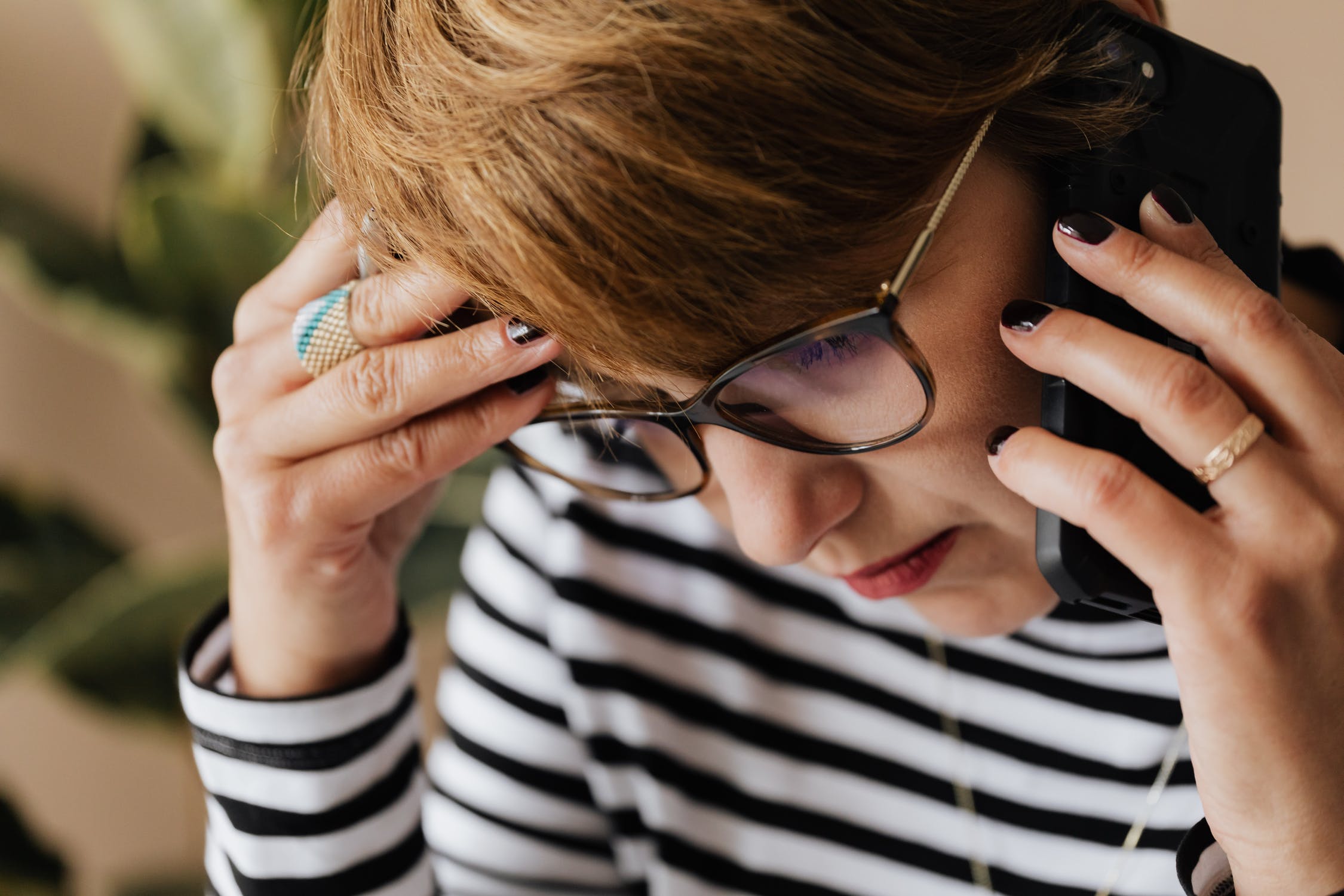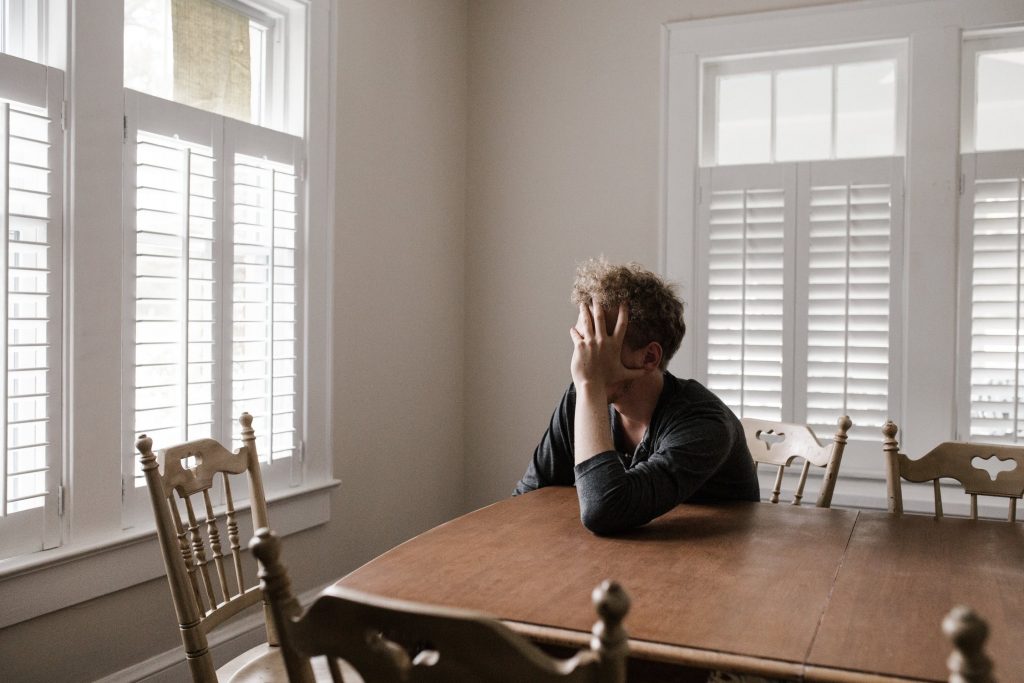
Anxiety kills silently.
The threat that anxiety poses to your health is significant.
The reasoning behind anxiety is simple, even if the path to managing it isn't. Fear is a natural, adaptive response to situations like these and one of the basic survival mechanisms to keep us alive. However, when you couple fear with uncertainty, that leads to anxiety.
Accept and explore your anxiety
It's important to acknowledge that anxiety is present. Pretending your fear doesn't exist is counterproductive; you'll only make yourself more anxious. Instead, treat it with compassion.
You must know that you are not in control of yourself, and that your anxious thoughts are not representative of the truth. See them as separate from your life, if possible.
If anxiety increases, the person can track how much it increases and what caused it.
These habits can help you feel in control of your anxiety.
It's also helpful to ask yourself why, specifically, you're anxious right now. Catching the virus? Passing it on to loved ones? Ask yourself what you can do to manage the problem, whether that's following approved COVID-19 prevention strategies, discussing your job security with a manager, or cutting back on the time you spend on news sites to ease worries. Then, practice accepting the problem or take steps to address it, like working remotely and taking care of your health.

Stop anxiety if it knocks on your door
To prevent anxiety from taking over, just breathe.
Other exercises you can put into practice are the following:
- Notice five things around you. You can start with what is closest at hand, but then you can go deeper and see the subtle things in the space around you.
- Pay attention to four things you can hear. Again, start with the more obvious sounds, then hone your ear to the less noticeable ones.
- Pay attention to three things you can feel in your body. Can you feel your heart beating? Are you hungry or full? Are there any areas of pain? Jot them down in a notebook.
- Repeat as needed. Each time, see if you can challenge yourself to find new things to feel.
- Limit social media and news
Use social media first and foremost as a way to connect with family and friends at a time when you might be feeling isolated. If you also log on to Twitter, Facebook, Instagram, TikTok or any other social media to get news, be smart about it.
While it's important to stay abreast of developments, there's no point in consuming every news story you come across. Follow some verified news sources you can trust, as well as the Center for Disease Control and the World Health Organization, for accurate, up-to-date news. It's okay to unfollow or block sources that only cause you anxiety.
Create a routine
Establishing a daily routine gives you a sense of personal structure that is vital to managing emotional stress during a changing time.
Decide what your priorities are right now and set boundaries between different activities, especially if you work from home. Remember that taking time to exercise, eat well, connect with the people you care about, and do simple things that bring you joy are also critical to maintaining emotional resilience under pressure.

A time in silence
Experts recommend daily mindfulness practice, such as meditation or prayer. These practices ground you and are highly effective in calming the autonomic nervous system and the fight-or-flight center of the brain.
They also advise starting with 7 to 10 minutes of silence every day, and then increasing to twice a day. These small steps will have a big impact.
During your quiet time, try practicing guided breathing, meditation or visualization, use meditation apps if you need help getting started.
Focusing on your breathing can interrupt spiraling thoughts and reduce your heart rate and blood pressure when you're under stress.

Thank you for reading, I hope it has been helpful. Follow me on social media and I invite you to Coaching Wednesdays if you want to delve deeper into this topic and resolve it.



